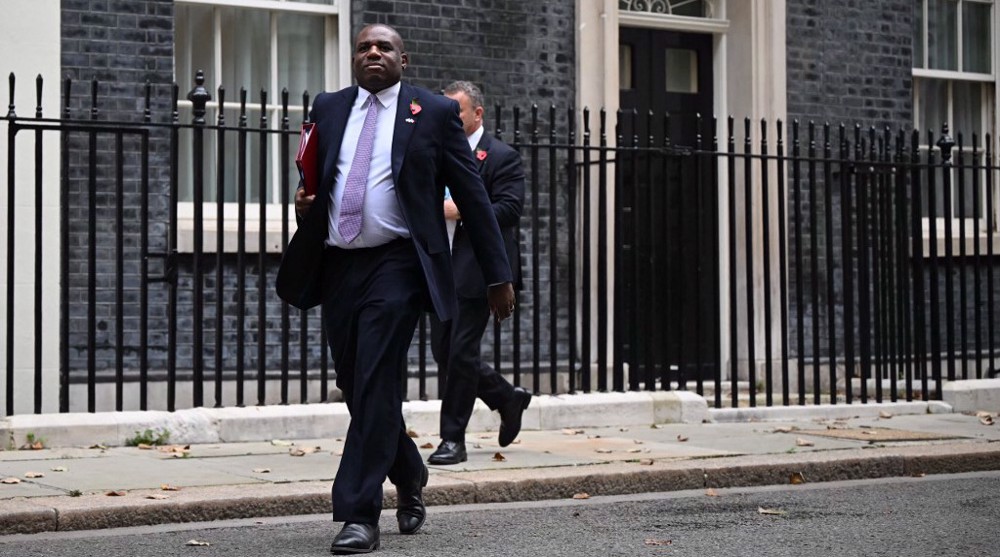Nobody dared challenging Blair’s will to invade Iraq: Chilcot
Former British prime minister Tony Blair’s political and personal “dominance” over his cabinet had reached such levels that nobody could challenge his decision to enter the Iraq War, says the author of the Chilcot report.
John Chilcot, who wrote a damning report about how Blair invaded Iraq on false pretenses, said Wednesday that he arrived on the conclusion after speaking to Jack Straw, Blair’s foreign secretary during the 2003 US-led invasion of Iraq.
“Tony Blair had, as leader of the opposition and in government, rescued his party from a dire predicament. I had the sense from Straw’s answer that he had achieved a personal and political dominance, a sheer psychological dominance,” he said.
“He [Blair] had been right. Was he not right this time? That’s what I took from Mr. Straw’s evidence,” he noted, adding that Blair’s easily went “beyond facts” to make a case for war.

Chilcot made the comments at the UK Parliament for the first since the publication of his report, which came out in early July.
The report said that the legal basis for military action was “far from satisfactory” and that Blair based his case for war on “flawed intelligence” about Iraq’s supposed weapons of mass destruction (WMDs).
The inquiry also concluded that military action was “not a last resort,” saying the UK chose to go to war before the peaceful options had been exhausted.
The UK Parliament voted in March 2003 to support Blair’s decision to join the invasion of Iraq.
Blair’s government sent 120,000 members of the British armed forces and civilians to Iraq. A total of 179 British personnel were killed in the war.
The former Labour leader, however, has defied all accusations with regards to the war and the subsequent occupation of Iraq that killed thousands of people.
Responding to the Chilcot’s findings, he said he would accept “full responsibility” for the decision. However, he defended the war, saying it made the world “a better place” by removing Iraq’s former dictator Saddam Hussein from power.
Pezeshkian to US, Europeans: You are killing women, children
VIDEO | COP29: another climate failure?
ICC issues arrest warrants for Netanyahu, Gallant for war crimes
Israeli strikes kill 88 Palestinians in northern Gaza
American voters plainly rejected complicity in Gaza genocide: Iran FM spox
ICC should issue more arrest warrants for Israeli authorities over Gaza genocide: UN expert
Israel using AI weapons co-produced by India in Gaza genocide: Report
Israel issues new evacuation orders, shortly launches strikes on southern Lebanon










 This makes it easy to access the Press TV website
This makes it easy to access the Press TV website